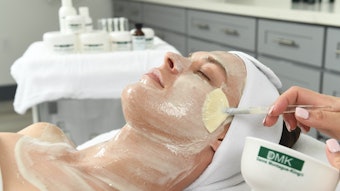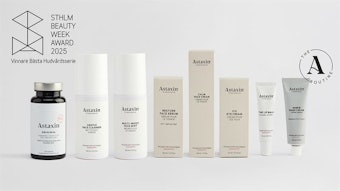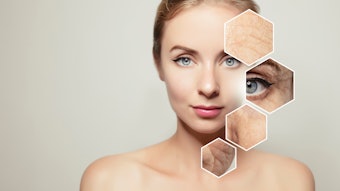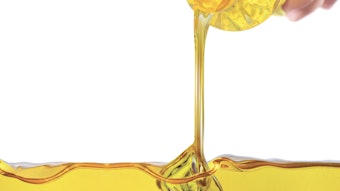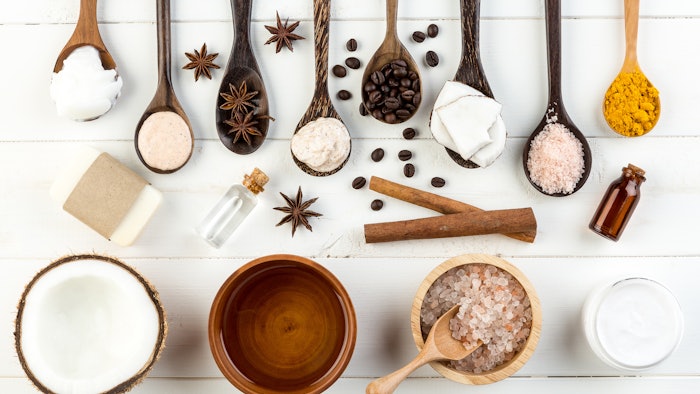
Caffeine, known to many as the energizing ingredient in their favorite morning beverage, offers more than just a kickstart to the day. In recent years, these morning habits have collided, as you can now get a morning dose of caffeine in a multitude of skin care products, from facial cleansers to eye creams, and everything in between.
But what does the science say about caffeine in skin care? Here, we will explore what caffeine is doing in your favorite skin care routine products, and the potential benefits and drawbacks of such an intriguing ingredient.
How Caffeine Works on The Skin
Caffeine, a natural stimulant, is absorbed through the skin when applied topically. It has several mechanisms of action that make it beneficial for skin care.
- Vasoconstriction: Caffeine causes blood vessels to constrict, which can help reduce the appearance of redness and puffiness, making it a popular ingredient in eye creams.
- Antioxidant properties: Caffeine is rich in antioxidants, which help fight off damage from free radicals. Free radicals are unstable molecules that can damage cells and accelerate aging, so using antioxidant-rich products can help keep skin looking youthful and vibrant.
- Diuretic properties: As a diuretic, caffeine helps the body get rid of excess water. This can help reduce the appearance of cellulite and puffiness in the skin.
Related: Jar Deconstructed: Caffeine
Best Practices for Using Caffeine in Skin Care
While caffeine can be beneficial for the skin, it’s essential to know how to use it correctly for maximum efficacy:
- Use as directed: Skin care products with caffeine should be used as directed by the manufacturer. Overuse can lead to skin dryness or irritation.
- Consistency is key: Like with most skin care ingredients, regular use over time is necessary to see results.
- Sunscreen is a must: Caffeine does not provide sun protection, so it's crucial to pair it with a sunscreen during the day.
Benefits of Caffeine in Skin Care
Given its various properties, caffeine carries potential benefits for the skin:
- Reduced puffiness and dark circles: The vasoconstrictive properties of caffeine can help diminish the appearance of puffiness and dark circles under the eyes by reducing blood flow to the area.
- Improved complexion: The antioxidant properties of caffeine can help protect the skin from free radical damage, thus helping to maintain a smooth and youthful complexion.
- Cellulite reduction: By drawing excess fluid from fat cells, caffeine can help minimize the appearance of cellulite.
- Improved circulation: Topical application of caffeine can stimulate blood flow, which can aid in nutrient delivery and waste removal from skin cells.
Potential Drawbacks of Caffeine in Skin Care
Despite its many potential benefits, caffeine is not without its drawbacks:
- Skin irritation: Some people may find that caffeine causes skin irritation, particularly if they have sensitive skin.
- Dehydrating effects: While the diuretic properties of caffeine can help reduce puffiness, they can also potentially dehydrate the skin, leading to dryness or flakiness.
- Potential for dependency: Just like drinking coffee, your skin might get used to the effects of caffeine over time, meaning you may need to use more of it to see the same results.
While caffeine can offer several potential benefits for skin care, it's essential to use it wisely and in moderation. As with any skin care ingredient, individual reactions can vary, so it's always best to test a new product on a small area of skin first.
This article was contributed by the brand managers at Tan Luxe

